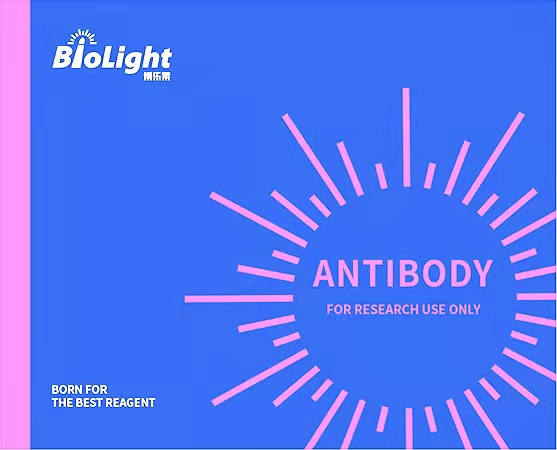
Anti-IGF2 Antibody, Rabbit Polyclonal
产品编号:PA00015HuA10
$ 询价
规格 50uL 100uL 200uL
产品名称:Anti-IGF2 Antibody, Rabbit Polyclonal
经验证的应用:WB/ICC
交叉反应:/
特异性:human IGF2
免疫原:Recombinant human IGF2 protein, fragment Ala25~Glu91; UniprotKB: p01344
制备方法:Produced in rabbits immunized with human IGF2, and purified by antigen affinity chromatography.
来源:Polyclonal Rabbit IgG
纯化:Immunogen affinity purified
缓冲液:Supplied in PBS, 50% glycerol and less than 0.02% sodium azide, PH7.4
偶联物:Unconjugated
状态:Liquid
运输方式:This antibody is shipped as liquid solution at ambient temperature. Upon receipt, store it immediately at the temperature recommended.
储存条件:This antibody can be stored at 2℃-8℃ for one month without detectable loss of activity. Antibody products are stable for twelve months from date of receipt when stored at -20℃ to -80℃. Preservative-Free. Avoid repeated freeze-thaw cycles.
别称:INSIGF, IGF-II, Somatomedin A, Preptin, Insulin-like growth factor II Ala-25 Del
背景信息:IGF-II/IGF2. IGF-II (Insulin-like growth factor II; also multiplication-stimulating polypeptide/MSP and somatomedin-A) is a secreted 8 kDa polypeptide that belongs to the insulin family of peptide growth factors (1, 2, 3). It is part of a complex system of growth and metabolic-regulating proteins that is particularly important during development. It has been associated with nervous system proliferation and differentiation, myelination, adrenal cortical proliferation, and skeletal growth and differentiation (4). In human, IGF-II is primarily synthesized by the liver, and circulates at high levels in both fetus and adult. In rodent, however, IGF-II levels drop after the perinatal period, an effect attributed to the lack of a key gene promoter (2, 5). This may indicate that postnatally, IGF-II has either a limited, or local effect only in rodent. For example, evidence suggests IGF-II may be the intermediary for SHH induction of VEGF attendant with local neovascularization (6). Rodent cells known to express IGF-II include astrocytes (7), hepatocytes (8), osteoblasts (9), embryonic striated muscle cells (10, 11) plus Kupffer cells and Ito cells (12). Mouse IGF-II is synthesized as a 180 amino acid (aa) preproprecursor (13). It contains a 24 aa signal sequence, a 67 aa mature region, and an 89 aa C-terminal prodomain that is alternatively referred to as the E-peptide. Mature IGF-II is 91% and 97% aa identical to human and rat IGF-II, respectively. Proper processing of IGF-II requires the chaperone activity of GRP94 (14). This generates an 8 kDa mature form, an 18 kDa, 156 aa proform, and a potential 11 kDa, 88 aa “Big” form (aa 25-112). This 11 kDa ”Big” form would be equivalent to human 15-16 kDa IGF-II, with the 5 kDa difference attributable to the presence of O-linked glycosylation (15). There is an additional 34 aa proteolytic fragment that is termed preptin and contains aa 93-126 of the preproprecursor. This is distinct from IGF-II, is secreted by pancreatic b cells, and facilitates insulin secretion (16, 17). IGF-II has multiple binding partners. It binds to IGF-IR, the Insulin receptor (IR)-type A and IGF-IR:IR-A hybrids, the type 2 IGF receptor (IGF-2R), and IGF binding proteins 1-6 (18, 19). The first three receptors initiate downstream signaling events, the IGF-2R sequesters local IGF-II, and the six IGFBPs regulate IGF-II activity in various tissues.
全称:Insulin-like growth factor II (IGF2)
说明书:待上传

